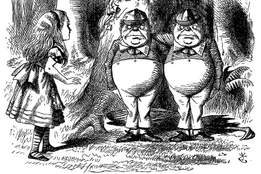haemophilus
noun
hae·moph·i·lus
hē-ˈmä-fə-ləs 

plural haemophili
hē-ˈmä-fə-lē 

: any of a genus (Haemophilus) of nonmotile, gram-negative, rod-shaped bacteria that include several important pathogens (such as Haemophilus influenzae associated with meningitis, pneumonia, conjunctivitis, and otitis media)
Note: Haemophili are parasitic on the mucous membranes of humans and other, mainly warm-blooded animals. They prefer aerobic conditions but are also capable of living under anaerobic conditions.
see hibLove words? Need even more definitions?
Merriam-Webster unabridged









Share